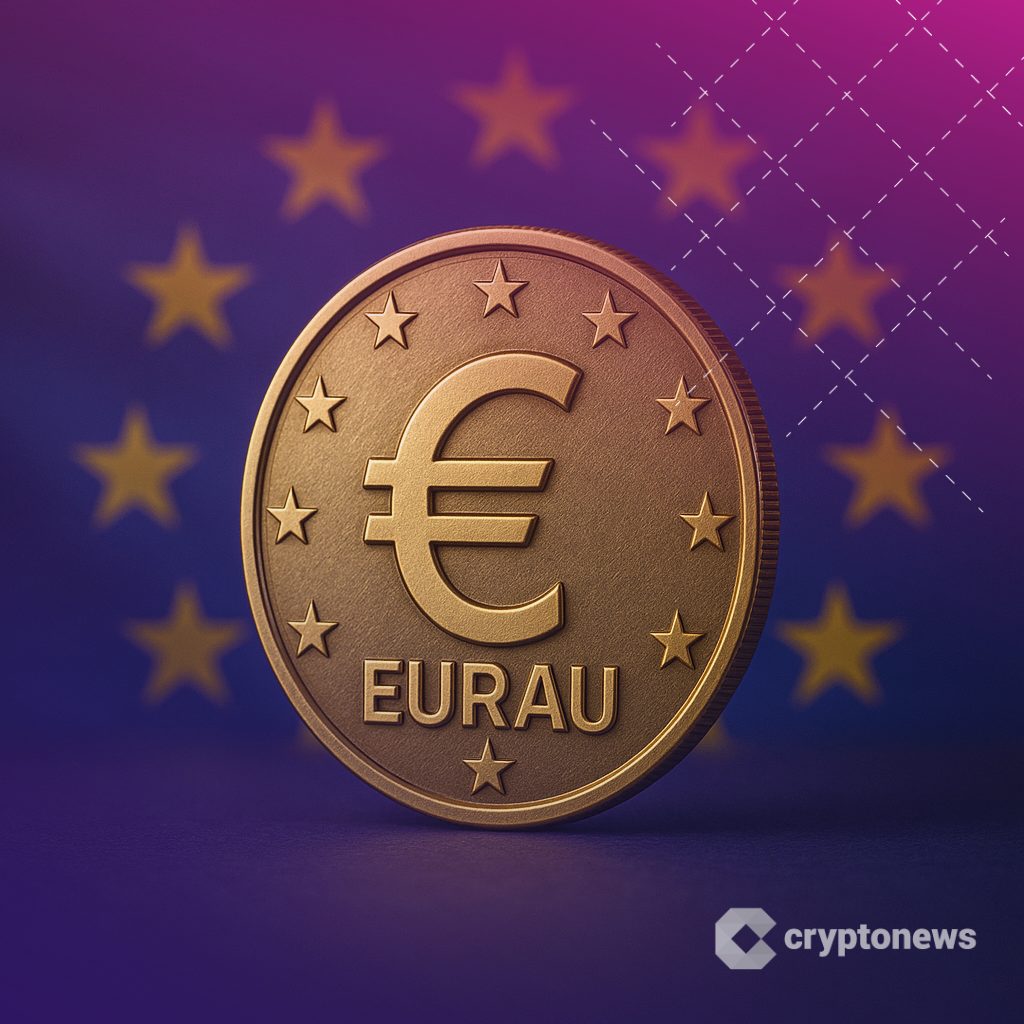Grayscale targets Sui’s infrastructure layer via DEEP and WAL token trusts
Grayscale is shifting its focus from mere Layer 1 exposure to the protocols that make Sui tick. The new DeepBook and Walrus Trusts give investors direct access to the liquidity and data layers underpinning one of crypto’s fastest-growing ecosystems.
- Grayscale launches DeepBook and Walrus trusts, giving accredited investors exposure to Sui’s liquidity and data protocols.
- Move marks shift toward investing in blockchain infrastructure over Layer 1 tokens.
- DEEP and WAL tokens surged 12% and 7% following the announcement, though both remain volatile.
According to a press release dated August 12, Grayscale has launched two new single-asset investment trusts tied to Sui’s DeepBook (DEEP) and Walrus (WAL) protocols, marking the firm’s first foray into protocol-level infrastructure beyond its existing SUI trust.
The move gives accredited investors direct exposure to the network’s central limit order book and its on-chain data layer. Both protocols are positioned as essential components of Sui’s design, enabling low-latency trading and scalable, privacy-conscious data storage for a range of DeFi, gaming, and social applications.
Why Grayscale is betting on Sui’s protocol economy
Grayscale’s decision to launch DeepBook and Walrus Trusts reflects a calculated shift in institutional crypto strategy, with priority focused on the infrastructure enabling blockchain adoption over speculative token plays. While most asset managers focus on Layer 1 tokens, Grayscale is targeting the protocols that solve real-world bottlenecks: DeepBook for institutional-grade liquidity and Walrus for scalable on-chain data storage.
The move aligns with the Sui ecosystem’s rapid growth. As of press time, DEEP and WAL ranked 113th and 110th by market capitalization at $580 million and $609 million, respectively, per CoinMarketCap data.
Both tokens saw immediate price surges following Grayscale’s announcement. DEEP jumped 12% to $0.1691, while WAL gained 7% to $0.4304, a sign that markets are responding to the validation of these protocols by a major institutional player.
Per the press release, Grayscale’s DEEP and WAL trusts are now open for daily subscriptions, but the firm has cautioned investors about risks. Both protocols are relatively new, with unproven adoption curves, and their tokens remain highly volatile. There’s also no guarantee the trusts will ever trade on secondary markets, a recurring hurdle for Grayscale’s single-asset products.
Vous aimerez peut-être aussi

U.S. stock market closed: All three major stock indexes closed up more than 1%

EURAU Stablecoin Debuts: Deutsche Bank, Galaxy Launch Europe’s First MiCA-Regulated Euro Token
